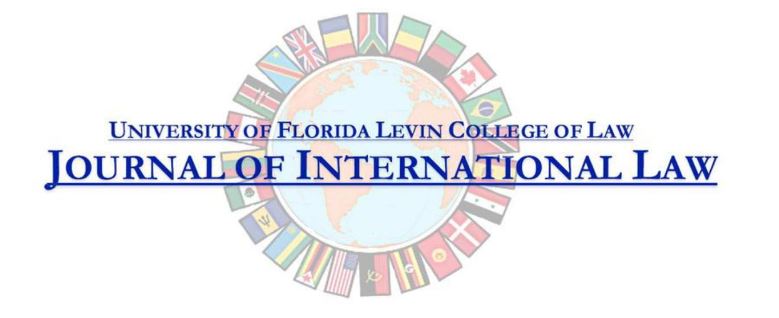
Abstract
Over several months in 1994, hell descended on Rwanda. The country and its people experienced unfathomable tragedy, the likes of which the rest of the world simply cannot comprehend. Since the Rwandese Patriotic Front (RPF) seized power from the architects of the genocide, the country has made significant steps in terms of nation building. Rwanda has experienced tremendous economic growth and is widely considered to have one of the lowest levels of official corruption on the continent. The people themselves are different—perhaps most fundamentally, the majority of the current population had not yet been born when death became routine. Yet in 2021, the United States deported two individuals to Rwanda after stripping them of their U.S. citizenship for failure to disclose involvement in the genocide. Despite radical changes in Rwanda and around the globe in the last quarter century, the vestiges of the genocide remain, affecting much of the present social and political discourse in Rwanda. Traditional legal systems simply were not equipped to deal with such mass atrocities. As a result, unique transitional justice mechanisms were implemented, and other countries, including the United States, have served as forums for additional litigation involving the genocide.
Recommended Citation
Kane, Matthew C.
(2022)
"The United States as an Essential Forum for Litigating and Chronicling the Genocide in Rwanda,"
Florida Journal of International Law: Vol. 33:
Iss.
2, Article 1.
Available at:
https://scholarship.law.ufl.edu/fjil/vol33/iss2/1